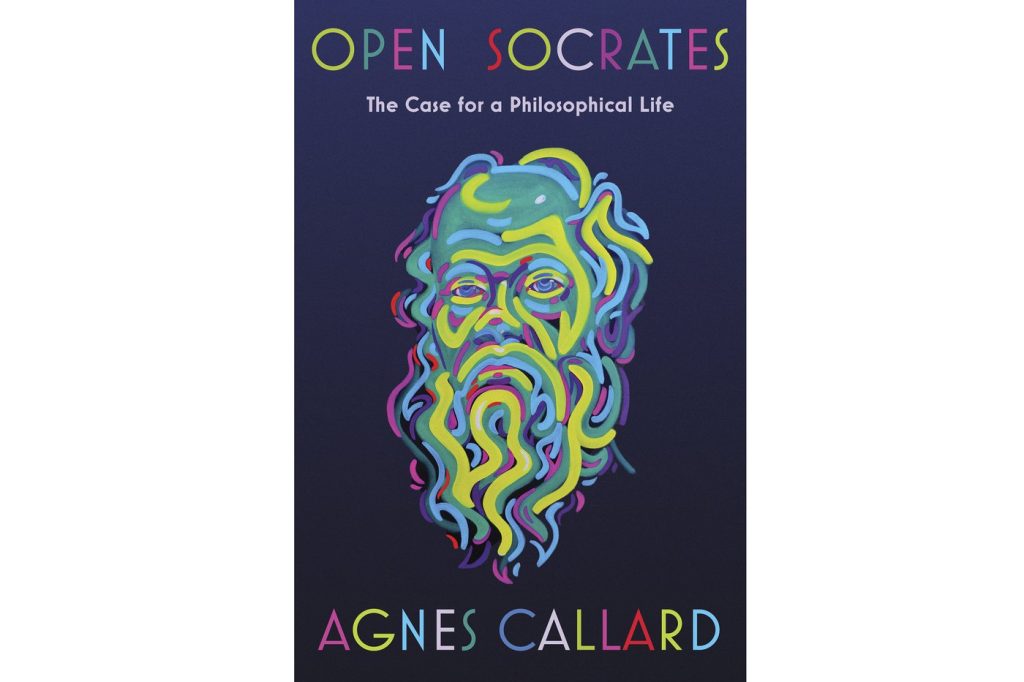In a climate where countless individuals lament the escalating divisiveness in politics and social interactions, the argument presented in Agnes Callard’s book, “Open Socrates: The Case for a Philosophical Life,” may initially appear paradoxical. Callard advocates for the necessity of engaging in more arguments and discussions, suggesting that such interactions are vital for intellectual growth.
Callard's exploration of philosophy underscores its nature as an interactive endeavor rather than a passive undertaking. Rather than isolating oneself in thought, she posits that effective philosophical inquiry is grounded in debating and exchanging ideas with others, much like the ancient Greek philosopher, Socrates, famously did. This foundational concept intertwines the act of thinking with the necessity of admitting errors and participating in lively discussions.
In “Open Socrates,” Callard provides readers with a framework for navigating complex discussions on a range of profound topics, including love, politics, and mortality. The book is not merely an introduction to Socratic philosophy; it is an intellectually demanding text that encourages readers to rethink their conceptualizations of both philosophy and life, highlighting the significant rewards that come from this deep engagement.
One fundamental premise Callard emphasizes is the idea that genuine thinking can often feel uncomfortable. As she articulates, effective thinking involves allowing others to enter one’s internal dialogue and challenge one’s beliefs. This admission of vulnerability is integral to philosophical discourse—a sharp departure from the tendency to avoid disputes and retreat into singular thought processes. As Callard observes, “Thinking happens during the uncomfortable times when you permit others to intrude into your private mental world, to correct you.”
Furthermore, Callard elucidates that philosophical disputes should not be perceived as zero-sum games. Engagement in these discussions requires participants to acknowledge their mistakes and collaborate in seeking mutual understanding. This collaborative approach is fundamental to the Socratic method and underscores the significance of communal thought in fostering societal unity. Particularly relevant in today’s polarized political landscape, Callard’s reflections on Socratic dialogue assert that “we live together because we think together.”
Two chapters in Callard's book are devoted specifically to applying Socratic principles to the realm of politics, highlighting the urgent need for collaborative discourse in the aftermath of contentious elections. The lessons extracted from these discussions serve as invaluable tools for navigating contemporary societal divides by fostering an environment where discussing differing viewpoints is not only permitted but celebrated.
Throughout “Open Socrates,” Callard challenges the prevailing notion that comforting conversations are the hallmarks of productive philosophical inquiry. Both her argument and the Socratic approach underscore the dynamic nature of thought and dialogue, promoting the idea that the act of engaging—especially in disagreement—can lead to greater insight and understanding. The thoughtful reader is encouraged to embrace discomfort as a catalyst for deeper philosophical exploration and meaningful interactions.
Ultimately, Agnes Callard’s “Open Socrates” serves as a compelling reminder that the philosophical life is a collective endeavor, one that thrives on argumentation, collaboration, and the courageous confrontation of differing ideas. In a world often characterized by division, her call to engage in philosophical discussions stands as a powerful testament to the potential for dialogue to unify and elevate societal discourse.










